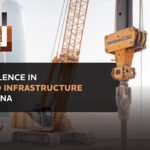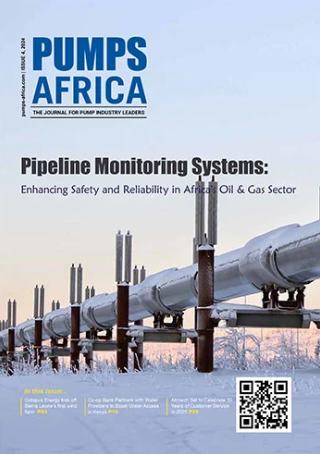Uganda and Tanzania have inched closer to the development of a cross-border gas pipeline after selecting a consultant to carry out a feasibility study for the ambitious project. The decision marks a significant milestone more than a year after Uganda’s government issued a call for bids, inviting interested firms to express interest in the undertaking.
The Solicitor General in Uganda is currently reviewing the application to award the contract to the preferred consultant. A decision is expected in the coming weeks, paving the way for work on the study to begin before the end of this quarter.
READ: Ethiopia, ISA discuss collaboration on major solar energy projects
Scope of work
The proposed gas pipeline is envisioned as part of a broader package of oil and gas infrastructure projects linking the two East African neighbours. This includes the 1,443-kilometre East African Crude Oil Pipeline, now under construction, which will transport Uganda’s crude oil to Tanzania’s port of Tanga. Although earlier discussions had explored Tanzania taking a share in Uganda’s planned oil refinery, momentum on that front has slowed, though officials say it has not been ruled out entirely.
Initially, planners had proposed routing the gas pipeline alongside the crude oil pipeline to take advantage of existing infrastructure corridors. However, that approach raised concerns over land acquisition and compensation disputes. The two governments have since agreed on a fresh alignment, which the feasibility study will refine. The new route is expected to run closer to populated areas, allowing nearby communities to tap into the gas for domestic and industrial use.
The project comes at a time when large-scale oil and gas developments face increasing scrutiny from financiers. Many global banks and investment funds have adopted policies that restrict or avoid lending to fossil fuel projects deemed to carry environmental risks. This funding environment could present a hurdle for the pipeline’s implementation, even if technical studies confirm its viability.
For both Uganda and Tanzania, however, the gas pipeline is seen as a strategic investment to expand energy access, power industries, and strengthen regional economic integration. Officials say the feasibility study will not only determine the most practical route but also assess technical, environmental, and commercial considerations critical to attracting investment.
Share






